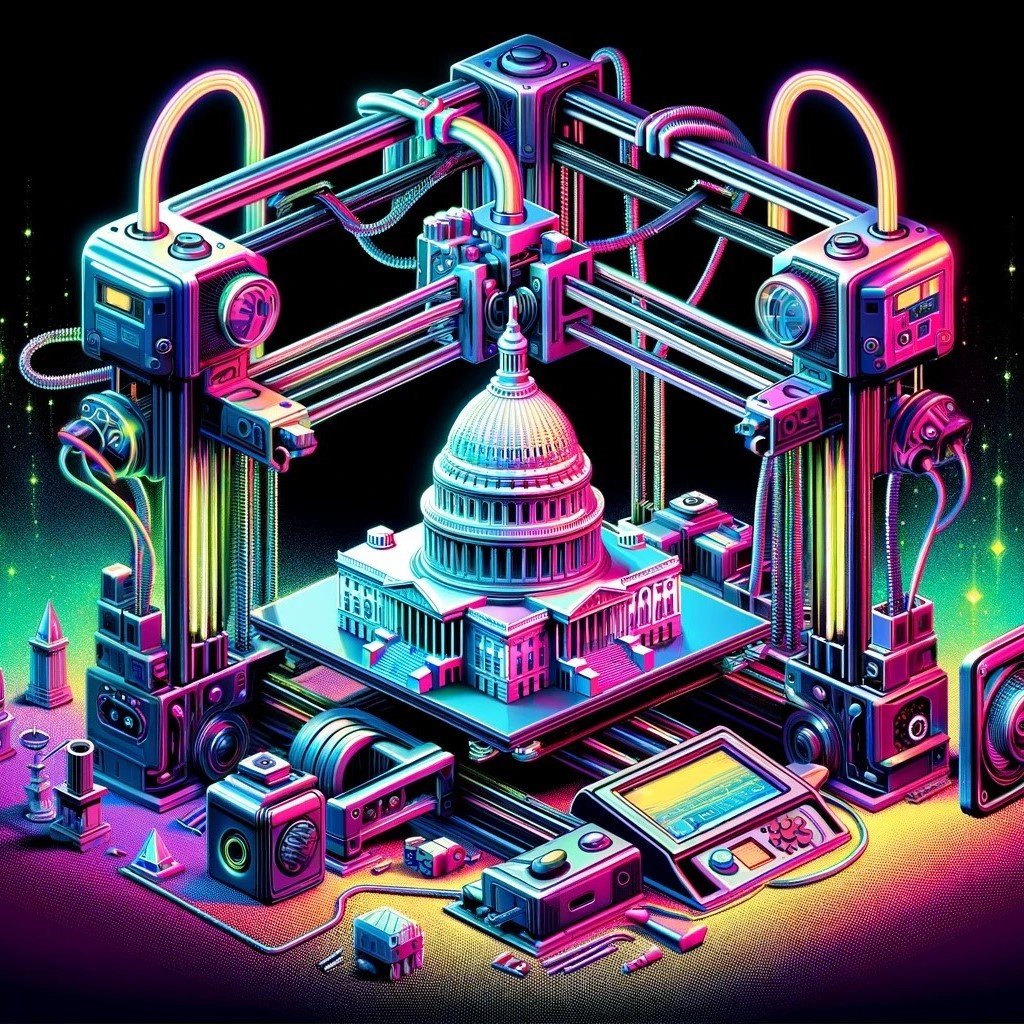The House provides a forum for new, innovative ideas via the Congressional Hackathon.
Why This Matters
Congress hasn’t always been known for innovation, but the House is challenging that stereotype with a bipartisan event that began during the last decade. Nearly every year, the House opens its doors for the Congressional Hackathon, a day-long convening of individuals from Congress, the public, the private sector, civil society, and academia, who collaboratively “hack” Congress’ most pressing challenges with technology solutions. Out of this melding of the minds, a number of innovative ideas have taken shape resulting in ModCom making recommendation #181, to institutionalize the Congressional Hackathon.
How It Happened
In 2011, House Leadership, through the initiative of then House Majority Leader Rep. Eric Cantor [R, VA] and Democratic Whip Steny Hoyer [D, MD], experimented with a one-day bipartisan forum to bridge the innovation gap between the Hill and technologists, called a “Hackathon.” This and subsequent iterations that took place in 2015, 2017, 2022, and 2023 hosted brainstormers from both sides of the aisle, along with inventors, technologists, and individuals from the public, to explore creative solutions to some of the House’s greatest technological challenges. But this one afternoon of solutions-focused discussion was not enough to dam Members’ increasing frustrations with day-to-day inefficiencies. Originally hosted by parties’ leadership, the Hackathon was made an institutionally-hosted program, adopted by the CAO’s House Digital Service in 2023.
The Impact
By routinely opening its doors to new, innovative solutions, the House’s commitment to hosting a Hackathon is just one additional way that the institution is continuing to pursue modernization and improvement for all those who work within it and are served by it. This engagement with the public not only brings fresh perspectives and ideas to the table but also strengthens the connection between the government and the people it represents, fostering a sense of transparency, collaboration, and trust in the democratic process.
Next Steps
Institutionalizing the Hackathon is a laudable accomplishment and will hopefully lead to the event becoming an annual affair where experts from across the Legislative branch, academia, civil society, and more can gather to pursue innovative solutions to Congress’ more pressing challenges. The Senate should work to participate in or mirror the House’s Hackathon model, which could foster increased collaboration and data sharing across the chambers.
Glossary
ADA = Americans with Disabilities Act
AOC = Architect of the Capitol
CHA = Committee on House Administration
CAO = House Chief Administrative Officer
CDTF = Congressional Data Task Force
COLA = Cost-of-Living Adjustment
CPF = Community Project Funding
CR = Continuing Resolution
GAO = Government Accountability Office
GAO STAA = The Government Accountability Office’s Science, Technology Assessment, and Analytics team
GenAI = Generative Artificial Intelligence
HIRO = House Intern Resource Office
HDS = House Digital Service
LIS = Legislative Information Service
LLM = Large Language Model
MIA = Modernization Initiatives Account
ModCom = The House Select Committee on the Modernization of Congress
ModSub = Subcommittee on Modernization (ModSub) within the Committee on House Administration
MOU = Memorandum of Understanding
NMO = New Member Orientation
OCWR = Office of Congressional Workplace Rights

